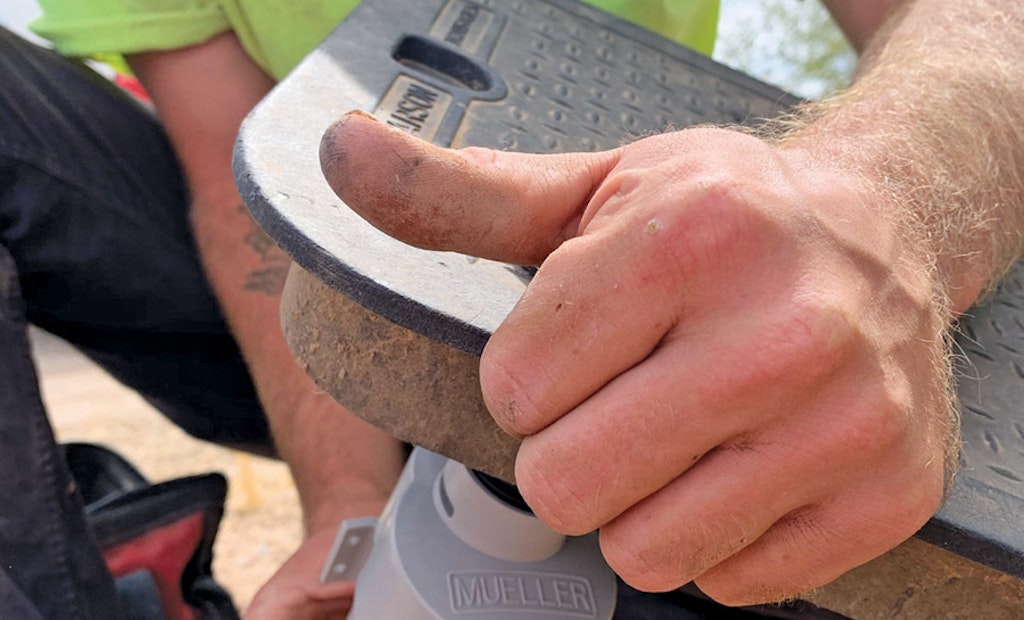The implementation of advanced metering infrastructure is dependent on speed and accuracy. Now with the addition of LoRaWAN Class B endpoints, the Mi.Net node from Mueller Systems brings advanced metering infrastructure to the next level.
LoRaWAN Class B endpoints provide...






